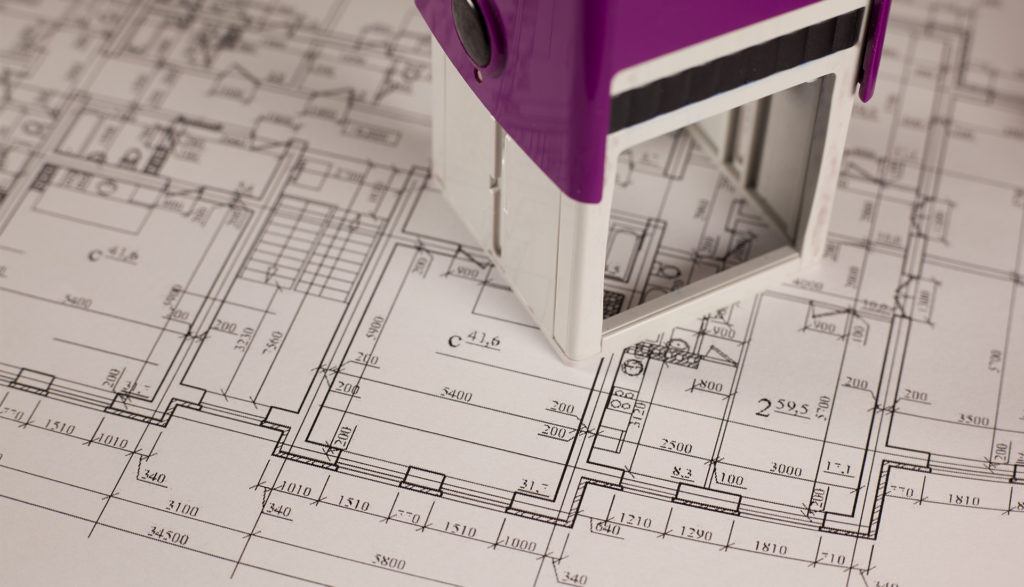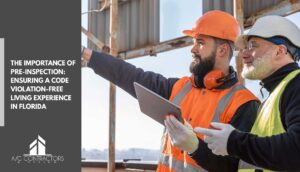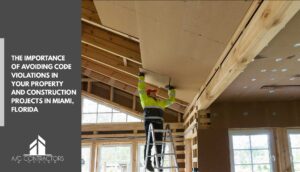As a homeowner, you’re probably wondering what it is that builders are required to do in order for your home to be up to code. Luckily, we’ve got you covered! In this blog, we will explore some of the most common questions about Florida building codes and give you an idea on how to make sure you know all the basic ins and outs of our state requirements. Let’s get started! What does a permit include? How often should I expect inspections? These are just a few questions that we’ll answer today. So read on for more advice from A/G Contractors & Design.
What’s the deal with Florida building codes?
A building permit is an official document that contains all the requirements for construction or renovation, including zoning and land use. They are required to be filed with your local municipality before any work can start on site. In addition to providing information about your plans, permits also help identify potential code violations when inspectors come out.
What does a permit include?
It’s important to note that any alterations, demolishing, additions or repairs done to a building (including painting) will require a permit. Any replacement of electrical, gas, mechanical or plumbing systems.
The process of filling for a building permit may vary depending on where you live, but generally it takes some form of design and plans. Except in certain circumstances, a building permit must be obtained by a licensed contractor, and in some cases can be requested by an owner-builder. There are a number of exemptions from the requirement to have a building permit.
What kind of projects require a building permit?
There are a number of exemptions from the requirement to have a building permit. The work exempted must still be constructed in accordance with the code standards. One such exemption is when you’re remodeling your existing residence and not altering its size or appearance in any way. However, if there’s work done on an existing space that would change it into another room (i.e., converting garage into a living apartment), then you will need a permit. The following list is not comprehensive, but it should give you a good idea of the most common exemptions from building permits.
- Air conditioning or heating unit repair
- Carpet installation
- Door replacement for any interior residential door
- Installation of floor/wall ceramic tile
- Interior painting/wallpaper
- Repair of existing single family home roof less than 200 square fit.
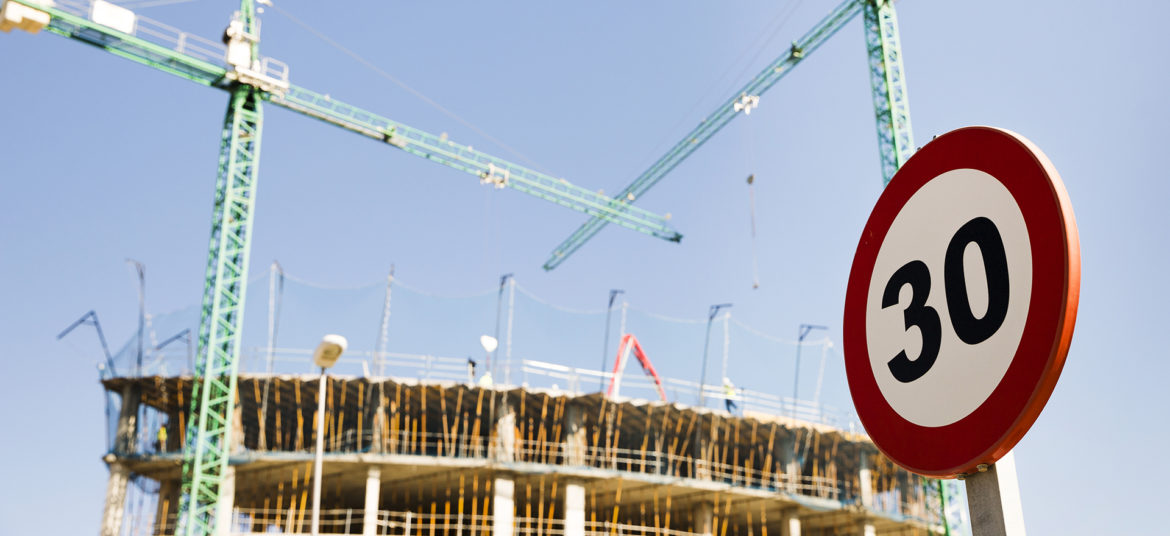
How often should I expect inspections?
All construction projects are inspected by the local municipality before any work can start on site. In addition to providing information about your plans, permits also help identify potential code violations when inspectors come out. The frequency of inspections is determined by how long a project will take and may be anywhere from monthly for small jobs like painting all the way up to quarterly for more complex jobs.
What are the most common building code violations?
In new homes the most common code violations are: structural and wood framing problems (30%), grading, foundation, footing and concrete problems (24%), and egress (11%), especially problems with stairway handrails.
Improper construction methods, such as inadequate footings for a concrete foundation.
Inadequate load bearing capacity of framing materials and design.
Exterior finishes not providing adequate protection against moisture intrusion or water penetration into the building enclosure.
How can you keep your home up to code?
In order to make sure your home is up-to-date on all Florida building codes, contact A&G Construction Services today! Our team will work with you to ensure that any plans or changes made are in accordance with the Florida Building Code.
